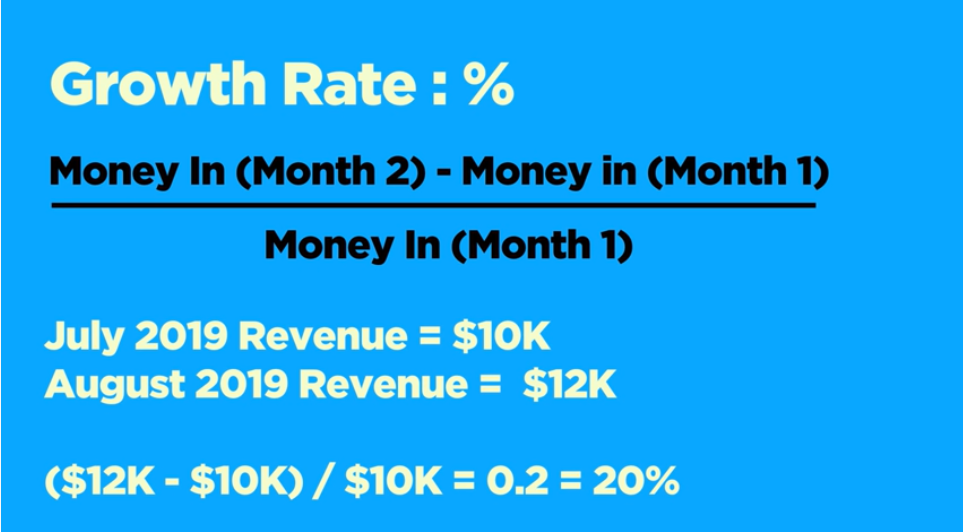For every business, startup or corporation, money is its lifeblood. If you run out of it, then the business dies and there is no chance going back from that point.
This article is based on Kirsty Nathoo’s YC Startup School speech and will discuss some common mistakes and how to avoid them, also, will cover some financial tips, practices which can be used to help manage your startups finances more efficiently.
Common mistakes that startups make when it comes to managing the finances
- Not knowing what numbers to look at: this means that you don’t know if your company’s health is good and what stage you are at – are you profitable or not?
There are the 3 things that you should always know: your bank balance, the money coming in and the one going out.
In order for you to find these numbers you don’t need any financial software, bookkeepers or any other tools; this information can be easily accessed from your online banking or the bank statements.
By knowing these numbers, you can calculate some other useful things. You can look at burn, runway and growth rates.
- Burn = the rate at which a company is losing money. In other words, how you are spending your funding before generating positive cash flow from operations. Knowing this index leads you to the runway.
- Runway = the length of time in which a company will remain solvent, assuming that they are unable to raise more money. What this means is how long do you have until you run out of all your money? You can calculate this by dividing your existing bank balance by the average burn – this will give you the number of the months left.
- Growth rate = the rate at which the revenue is increasing. Looking at two time periods, this will be the money in month 2 minus the money in month 1, divided by money in month 1. A constant growth rate will give you the J-curve (an initial loss followed by an exponential growth) in growth of revenue.

- Not looking often enough at the before mentioned indexes: checking these numbers once a month is not enough, you should be looking at it at least every week in order for you to be able to make a change if something goes wrong. When someone asks, you should know your numbers exactly.
- Under-representing expenses: at the beginning the majority of the people assumes that the expenses are going to be constant, but in reality, this is highly unlikely. Over time the expenses will start increasing and you should be able to understand what is going to happen, which expenses are going to increase.
- Out-sourcing responsibility: even though the bookkeeper is preparing the finances for the company, the responsibility is still everybody’s in the company. Especially the CEO, but also the founders, everybody should know what the numbers are, because an external person, the bookkeeper, doesn’t know the business like you do.
- Scaling too quickly: this thing is really easy to do; you hire too quickly, because you’re under pressure. You should be aware that hiring employees cost more than just their salary and every hire should be an investment into the business, so you should be making sure that you’re getting a return on this investment. Keep in mind: some of the best startups do more with less.
Also, scaling before you get product market fit is another dangerous thing that people fall into easily. At the point where you’re still figuring out what your product is and you’re trying to find product market fit, you should be spending as little as possible, and then that will give you the runway to have time to figure out what it is that you should be building in order to have success.
More employees will not help you to get to product market fit. It will not help you get there faster, it will not help you get there more efficiently.
- Letting runaway get too low before fundraising: this is the one from which there is no coming back from. If you let your runway get too low before raising, you’re going to have problems raising your money.
The first thing is that you should always assume: you will never raise any more money. Always assume that the previous money that you raised will be your last, and that you should be aiming to get to profitability on that money.
4 financial tips
- Cash flow management is key – you need to know where every single dollar is coming from and where every single dollar is going.
- Track and monitor all spending – you can use accounting software to remain organized.
- Limit your fixed expenses in the beginning – keeping your expenses low can be the key to longevity.
- Establish financial goals – you need to break financial goals down into reachable and measurable ones. Monthly, weekly revenue goals allow you to stay on track and make the adjustments necessary for constant growth.
That being said, many companies die because they run out of money. You can prevent this just by looking at a certain number of things: knowing your cash balance in your runway, understanding how your expenses are going to increase, understanding that the ratio of revenue to employees is a better metric than just the number of employees, and having a plan to get to profitability because you should assume you’re not going to raise any more money, these are some small steps that can save your startup’s life.





